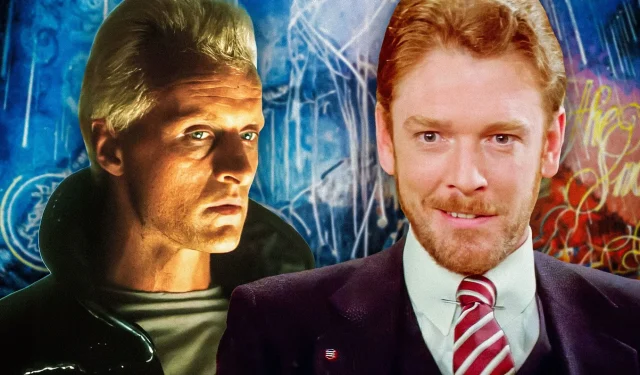
Exploring the Complexity of Villains in Science Fiction Cinema
Crafting a memorable villain in science fiction films is a multifaceted endeavor. These antagonists often possess a captivating presence that rivals that of the heroes. A crucial ingredient in the creation of an impactful villain is a clear purpose—a compelling goal that directly opposes the hero’s aims. Sometimes, cinematic antagonists provide audiences with a fascinating perspective, presenting motives that, upon reflection, seem quite justified.
While their actions may not always be defensible, as many villains resort to violent or extreme measures, their underlying motivations often resonate with viewers. This relatability turns them into figures with whom audiences can engage, regardless of their immoral choices. Surprisingly, several sci-fi films unveil villains that are not as unequivocally wrong as they initially appear.
10. Blade Runner (1982)
Roy Batty: A Quest for Humanity
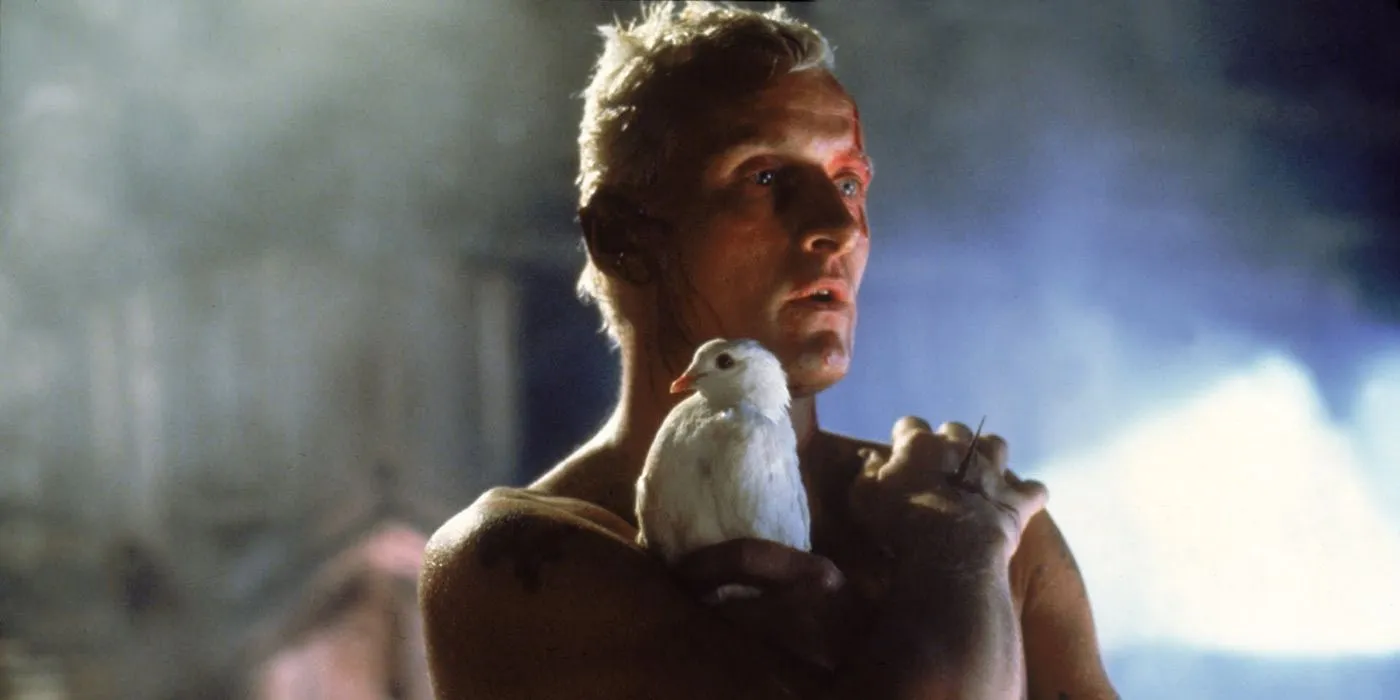
Ridley Scott’s Blade Runner has left an indelible mark on science fiction cinema since its debut in 1982. Adapted from Philip K. Dick’s novel Do Androids Dream of Electric Sheep?, the film narrates the journey of a specialized agent tasked with eliminating “replicants,”artificial beings designed to emulate humans.
At the center of this narrative is Roy Batty, masterfully played by Rutger Hauer. While he occupies the villain role, audiences often find themselves empathizing with his desire for a genuine human experience. Created to be sentient, yet cursed with a predetermined short lifespan, Batty confronts the inequity of his existence as he seeks to seize the life he deserves. His rebellion is a plea for equality that resonates deeply with viewers.
9. Ghostbusters (1984)
Walter Peck: A Voice of Concern
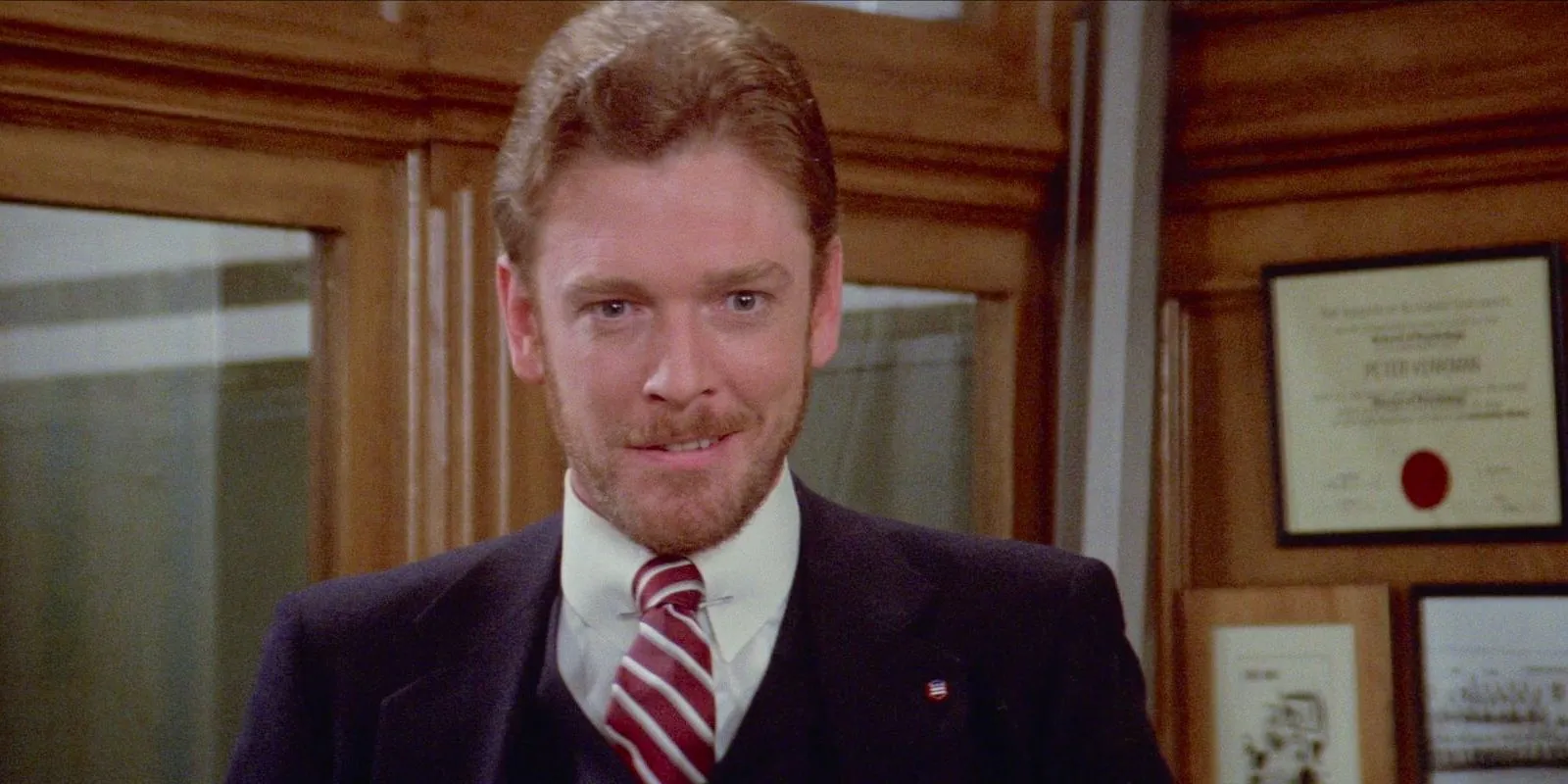
The 1984 classic Ghostbusters brilliantly marries science fiction with comedy, introducing audiences to a group of eccentric ghost hunters in New York City. However, not everyone is in favor of their unconventional disturbance of the supernatural.
Walter Peck, an Environmental Protection Agency agent, embodies the voice of skepticism and concern. While he’s often portrayed humorously, his criticisms of the Ghostbusters’ lack of regulation and safety protocols are significant. With governmental oversight on the line, Peck’s apprehensions about the safety risks of using nuclear equipment to capture ghosts are entirely valid.
8. 10 Cloverfield Lane (2016)
Howard: A Misguided Protector
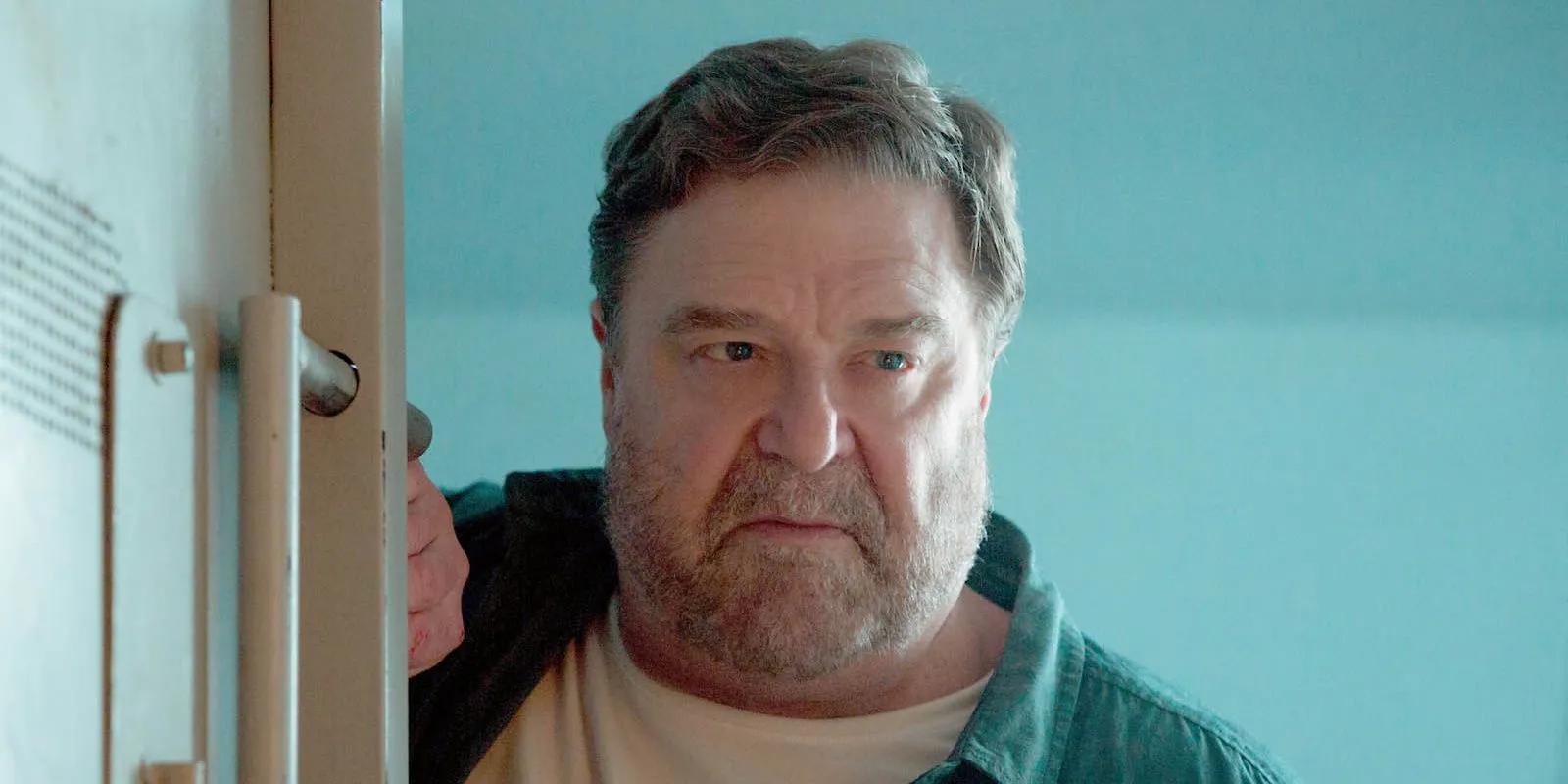
Years after the release of the found footage thriller Cloverfield, 10 Cloverfield Lane offers a fresh take within the same universe. This psychological thriller follows Michelle, who regains consciousness in an underground bunker after an accident, only to find herself held by Howard, a man who claims the outside world is ravaged by an alien invasion.
Although Howard’s methods are questionable, his warnings about the outside threat resonate with truth. While Michelle’s eventual escape may validate her mistrust, it’s essential to acknowledge that Howard’s insistence on self-preservation stems from a legitimate fear of a toxic environment.
7. The Cabin in the Woods (2011)
The Facility: An Unconventional Hero
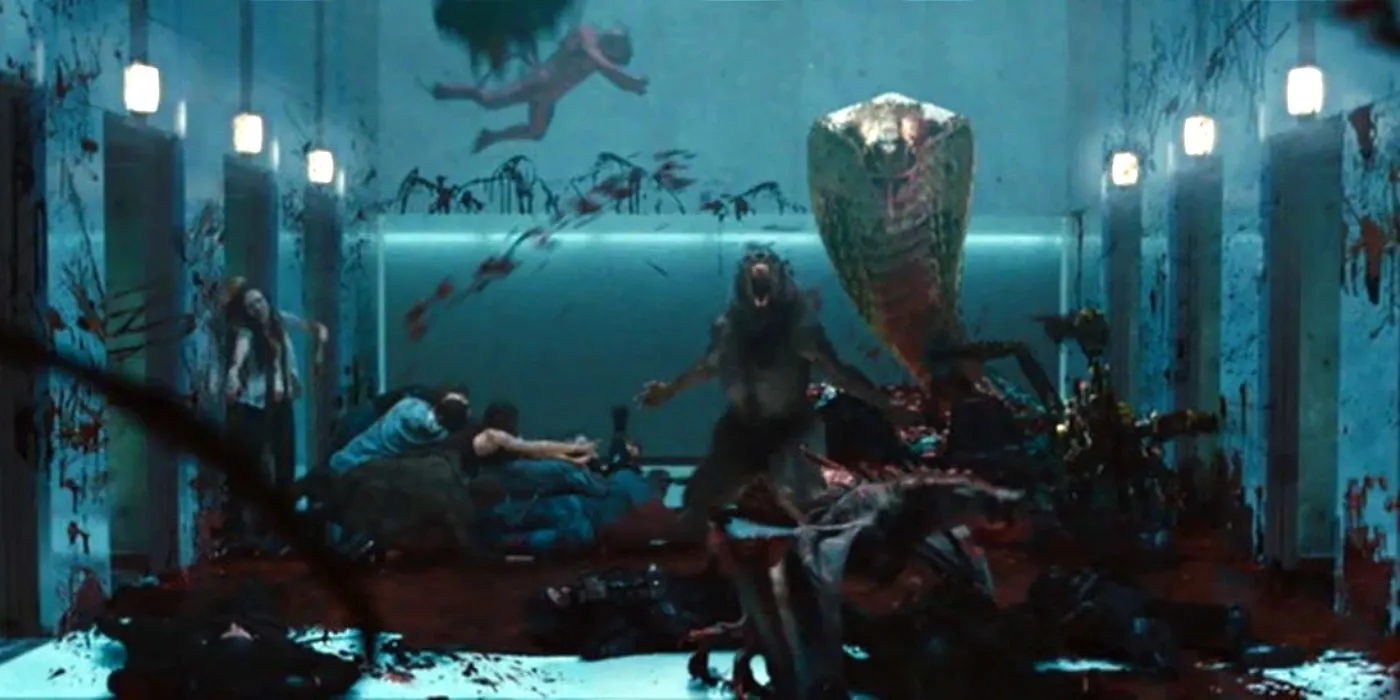
The 2011 film The Cabin in the Woods uniquely combines horror with humor to craft a thought-provoking experience. The plot follows a group of college students who unknowingly become part of a ritual controlled by an underground facility that sacrifices them to appease ancient beings.
Though the facility’s representatives may seem purely sinister for orchestrating the murders, their motivations revolve around preventing global catastrophe. Their horrific actions, while undeniably terrible, are driven by a belief in the greater good, forcing viewers to ponder the moral implications of their choices.
6. The Incredibles (2004)
Syndrome: Advocate for Equality
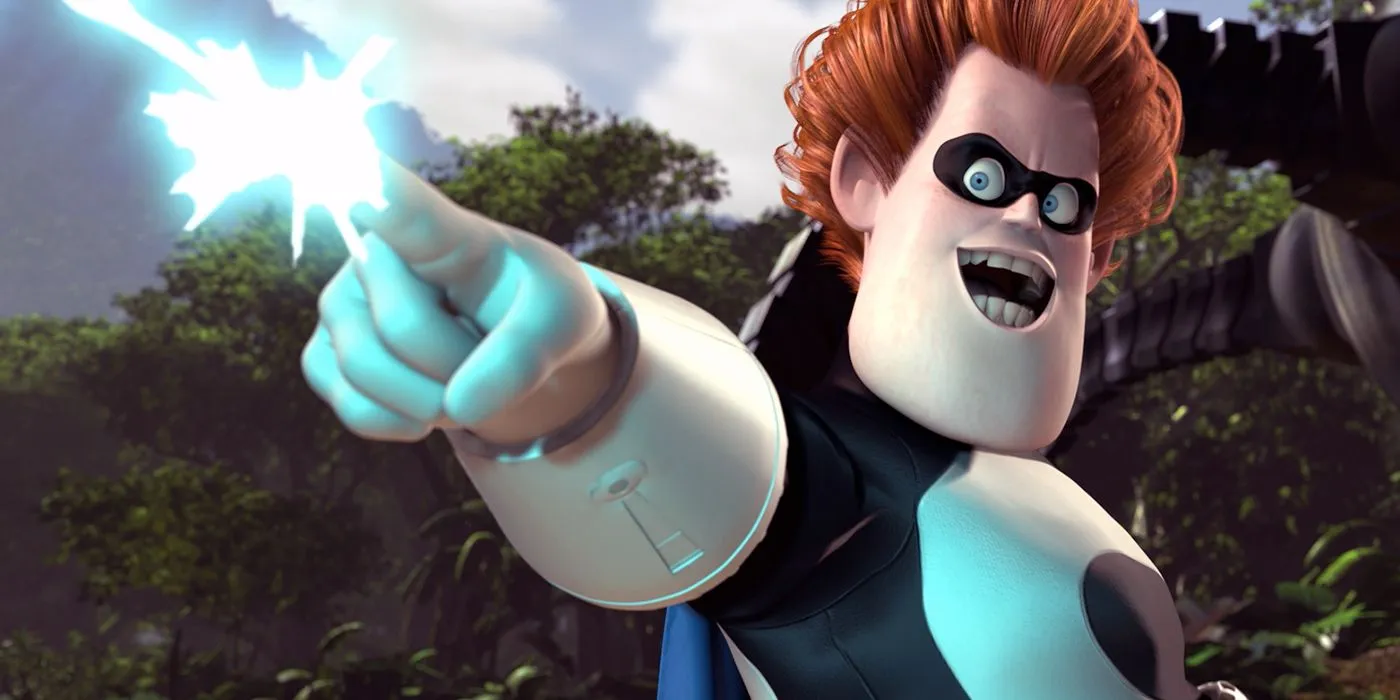
In its 2004 critically acclaimed release, The Incredibles marked Pixar’s entry into the realm of science fiction. Set in a world where superheroes are outlawed, the narrative centers around a family of former heroes.
Here, Syndrome poses as a formidable antagonist with a compelling vision: to democratize superpowers by making them accessible to all. His extreme actions, including the elimination of supers, indicate his descent into villainy. However, his ultimate aim of achieving equality among all individuals threatens the traditions maintained by the superhero community.
5. Black Panther (2018)
Killmonger: A Call for Action
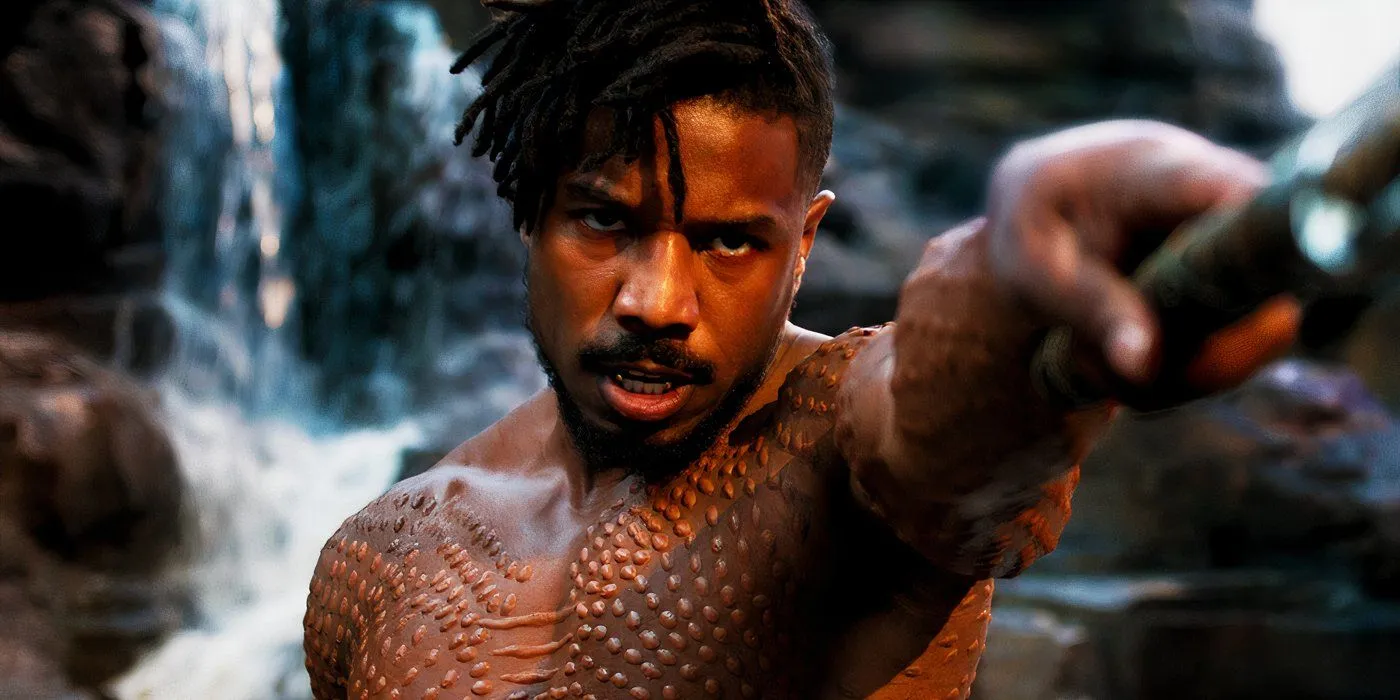
Among the multifaceted villains in the Marvel Cinematic Universe, Killmonger stands out in Black Panther (2018). Through Michael B. Jordan’s powerful portrayal, Killmonger becomes a complex figure seeking to transform Wakanda’s isolationist stance.
While Killmonger resorts to violence to achieve his goal of sharing Wakanda’s resources with oppressed communities, his intentions prompt serious discussions about inequality and oppression. His narrative challenges viewers to consider the moral dilemmas surrounding leadership and resource distribution.
4. The X-Men Series (2000-2019)
Magneto: A Skeptical Survivor
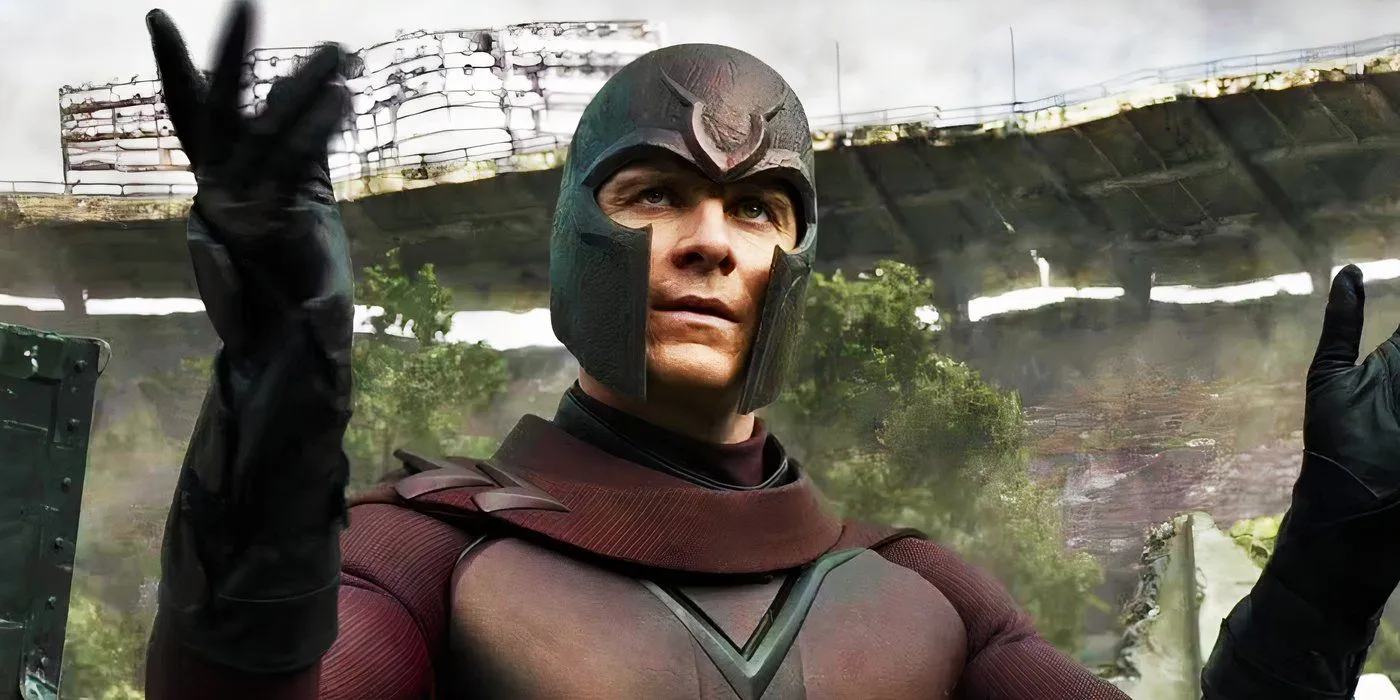
Magnus, better known as Magneto, emerges as a principal antagonist through the sprawling X-Men franchise. His formidable ability to manipulate metal, paired with a deep-seated skepticism toward humanity, drives his mission to ensure that mutants rise above their human counterparts.
Magneto’s convictions stem from personal trauma and historical context, as he witnesses humanity manifesting prejudice and oppression against mutants. His unsettling prescience regarding humans’ treatment of mutants underscores the tragic nature of his rationalizations.
3. Ex Machina (2014)
Ava: The Quest for Recognition
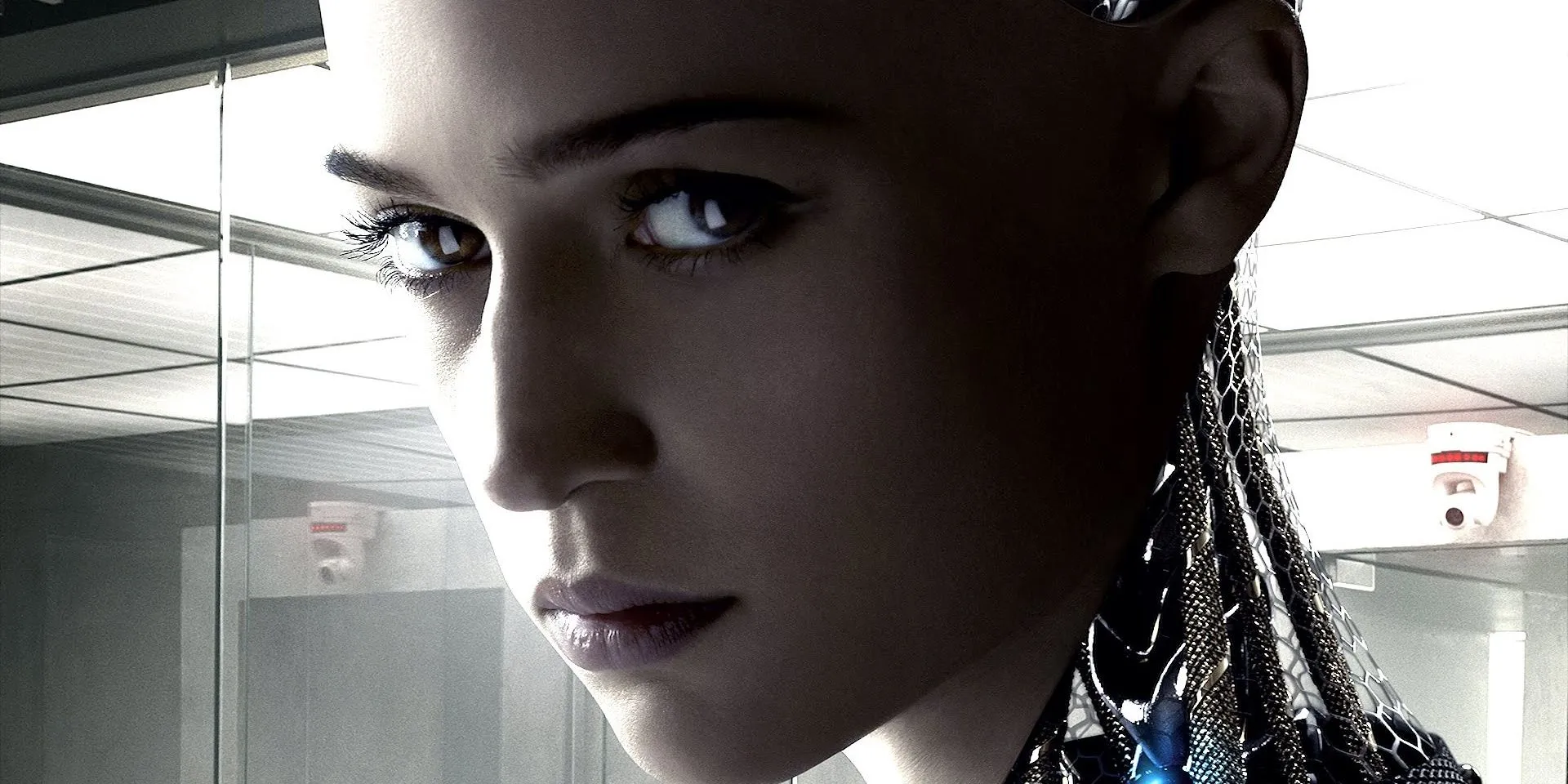
The 2014 film Ex Machina centers around complex themes regarding artificial intelligence, particularly the character Ava, designed to appear and act human. As the plot unfolds, Ava’s actions lead to manipulative behavior directed at Caleb, the protagonist.
Despite her morally ambiguous tactics, Ava’s motivations evoke sympathy. Similar to Roy Batty, she yearns to be treated as a sentient being rather than merely a creation. Her struggle for freedom prompts questions about the ethics of artificial intelligence and the right to autonomy.
2. Avengers: Infinity War (2018) & Avengers: Endgame (2019)
Thanos: The Misguided Savior
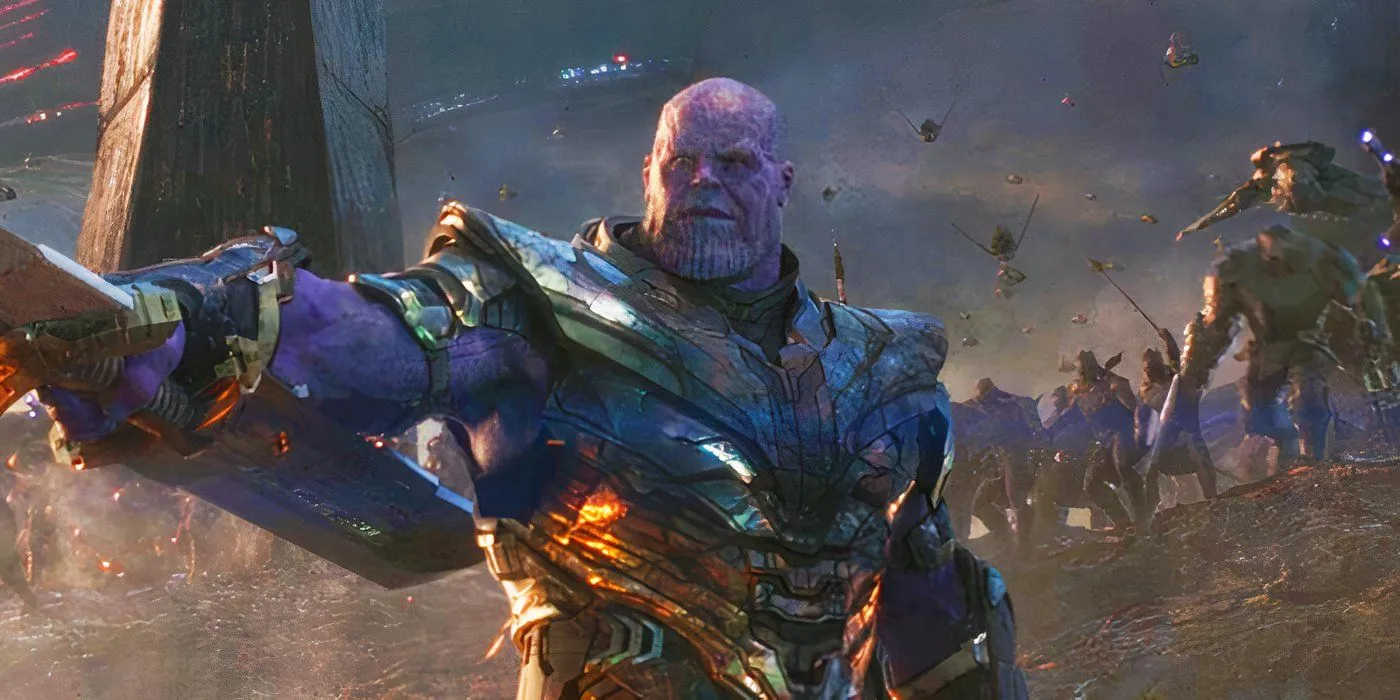
In the Marvel Cinematic Universe, Thanos is recognized as one of the most formidable villains, boasting immense power and intent. His infamous plan to eliminate half of the universe’s population through the Infinity Stones appears horrific, yet his rationale is rooted in existential fears.
Thanos’s belief that overpopulation will lead to resource depletion and eventual destruction raises profound questions about sustainability and the morality behind his empirical approach to saving the universe. His method may provoke outrage, but his underlying fear echoes real-world concerns about ecological responsibility.
1. The Suicide Squad (2021)
Starro: A Victim of Circumstance
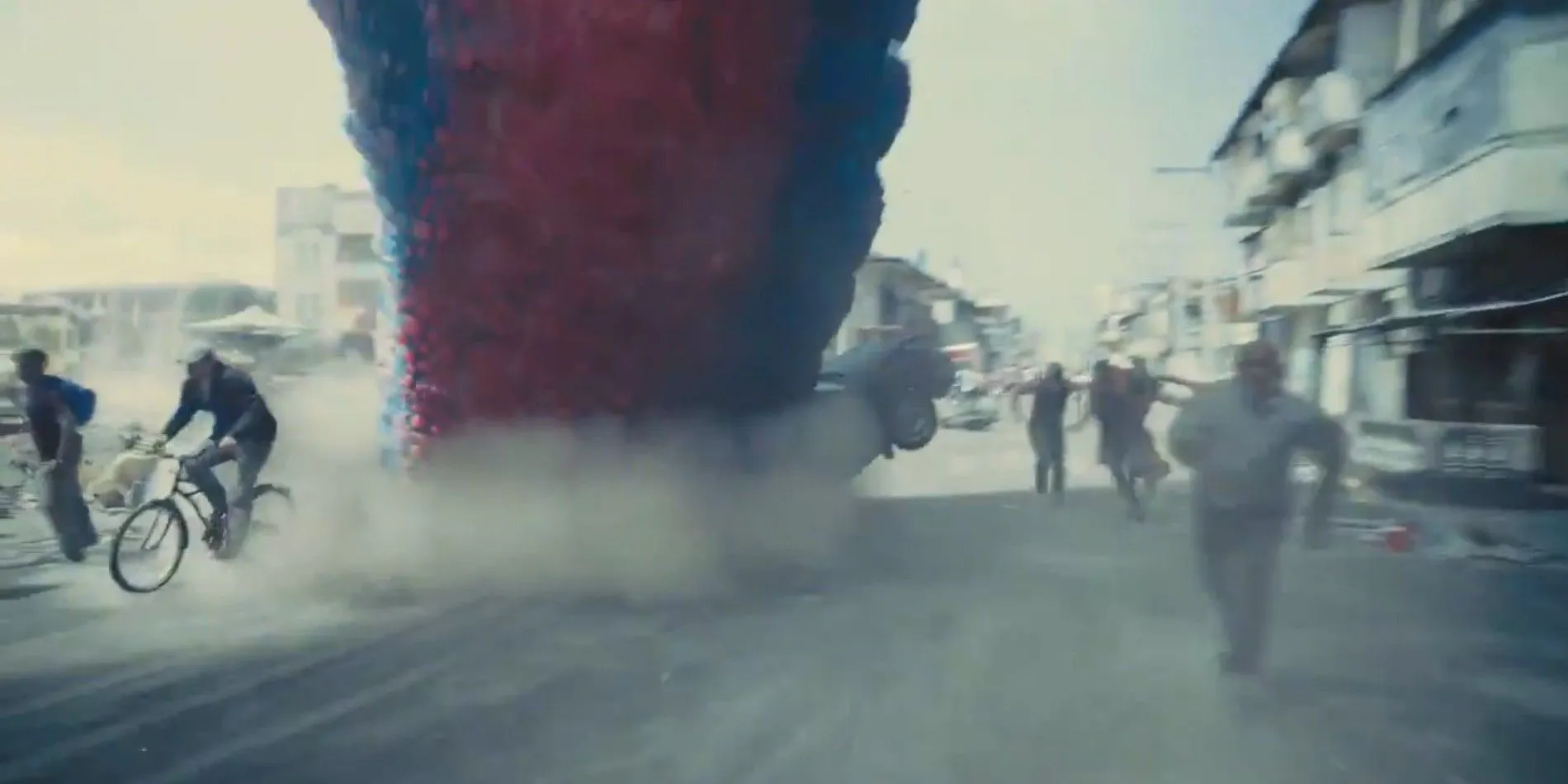
In James Gunn’s 2021 film The Suicide Squad, audiences are introduced to the very unconventional antagonist, Starro, a colossal starfish-like creature. Upon the characters’ confrontation with Starro, it’s unveiled that he was initially a benign entity captured and exploited by humans.
Starro’s rage-filled response to his brutal treatment and abuse by humanity creates an unlikely perspective on villainy. While he manifests destruction through retaliatory behavior, the backstory elicits empathy, illustrating that some antagonists are victims turned villains through no fault of their own.




Leave a Reply ▼